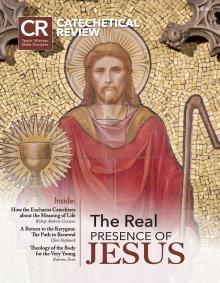St. John Paul II dedicated the entire sixth chapter of his theology of the body (TOB) catechesis to reaffirming and deepening the Church’s teaching on responsible parenthood, providing his most direct and extensive application of TOB to the Church’s teachings on sexual morality. Drawing upon the teachings of Gaudium et Spes and Humanae Vitae, St. John Paul II concentrates primarily on the “essential difference” between contraception and periodic continence (in America typically called Natural Family Planning or NFP) as the basis of the ethical difference between them expressed in the teachings of the Church (TOB 122:2).
St. John Paul II clearly wants to correct the common misconception that they are both just types of “birth control” listed on medical pamphlets or that they differ only inasmuch as one uses “artificial” methods to control births. However, he primarily employs the major tenets of TOB to describe how contraception degrades the human body and corrupts the sexual intimacy of those couples who introduce it into their relationships in sharp contrast with the way that NFP fosters respect for the human body and the kind of self-mastery that promotes greater love between man and woman.
The rest of this online article is available for current Guild members.
This article is from The Catechetical Review (Online Edition ISSN 2379-6324) and may be copied for catechetical purposes only. It may not be reprinted in another published work without the permission of The Catechetical Review by contacting [email protected]


















